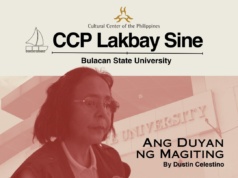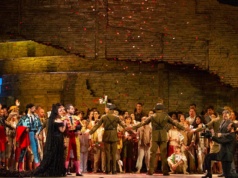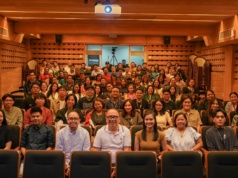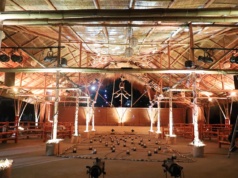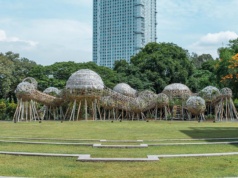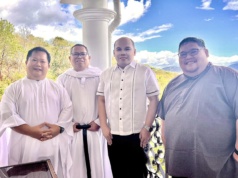Like the unexplainable urge to say po and opo as a sign of respect, watching opera should be a part of the Filipino’s national consciousness, something that the Cultural Center of the Philippines has been working on and addressing through various programs.
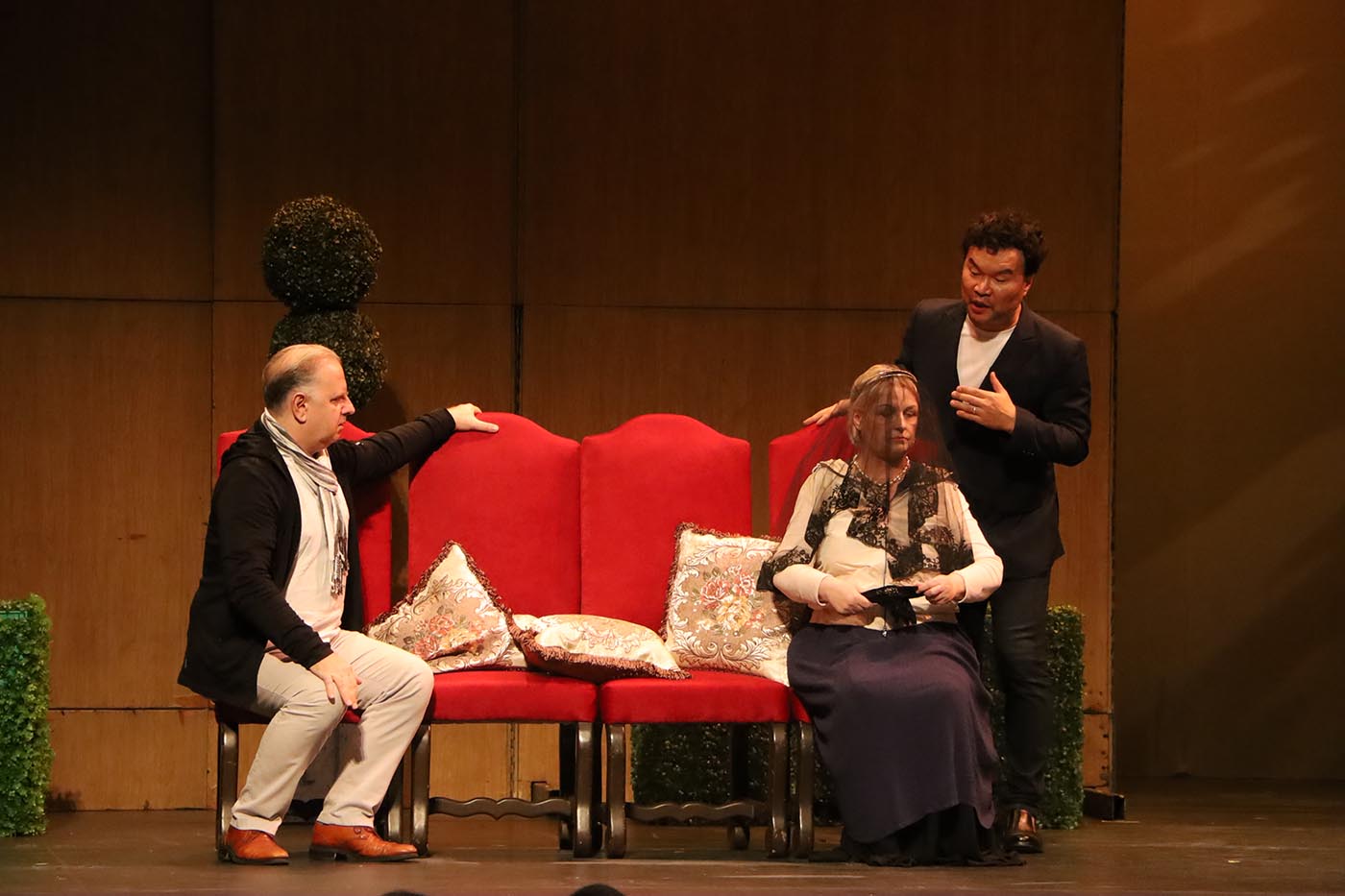
For the past years, the Philippine leading arts institution has staged various full-length opera productions such as Giacomo Puccini’s Turandot, Gaetano Donizetti’s L’elisir d’amore (The Elixir of Love), and Lucia di Lammermoor. Recently, the CCP Out of the Box Series presented back-to-back abridged Tagalized versions of Gioachino Rossini’s The Barber of Seville and Wolfgang Amadeus Mozart’s The Marriage of Figaro.
The CCP has also partnered with The Metropolitan Theater of New York, the Filipinas Opera Society Foundation, Inc., and Ayala Malls Cinemas to recreate the experience of watching an opera production at the Met “live” through high-definition digital video technology and Dolby Sound.
For the 39th concert season of the PPO, its Concert VII turned to an opera night with another of Donizetti’s masterpieces, Don Pasquale.
“Operas offer a sincere reflection of who we are, how we relate to others, and what it means collectively and individually to be human,” shared CCP President Michelle Nikki Junia during the Sining Alamin lecture on opera last March 6, at the Samsung Performing Arts Theater in Circuit Makati.
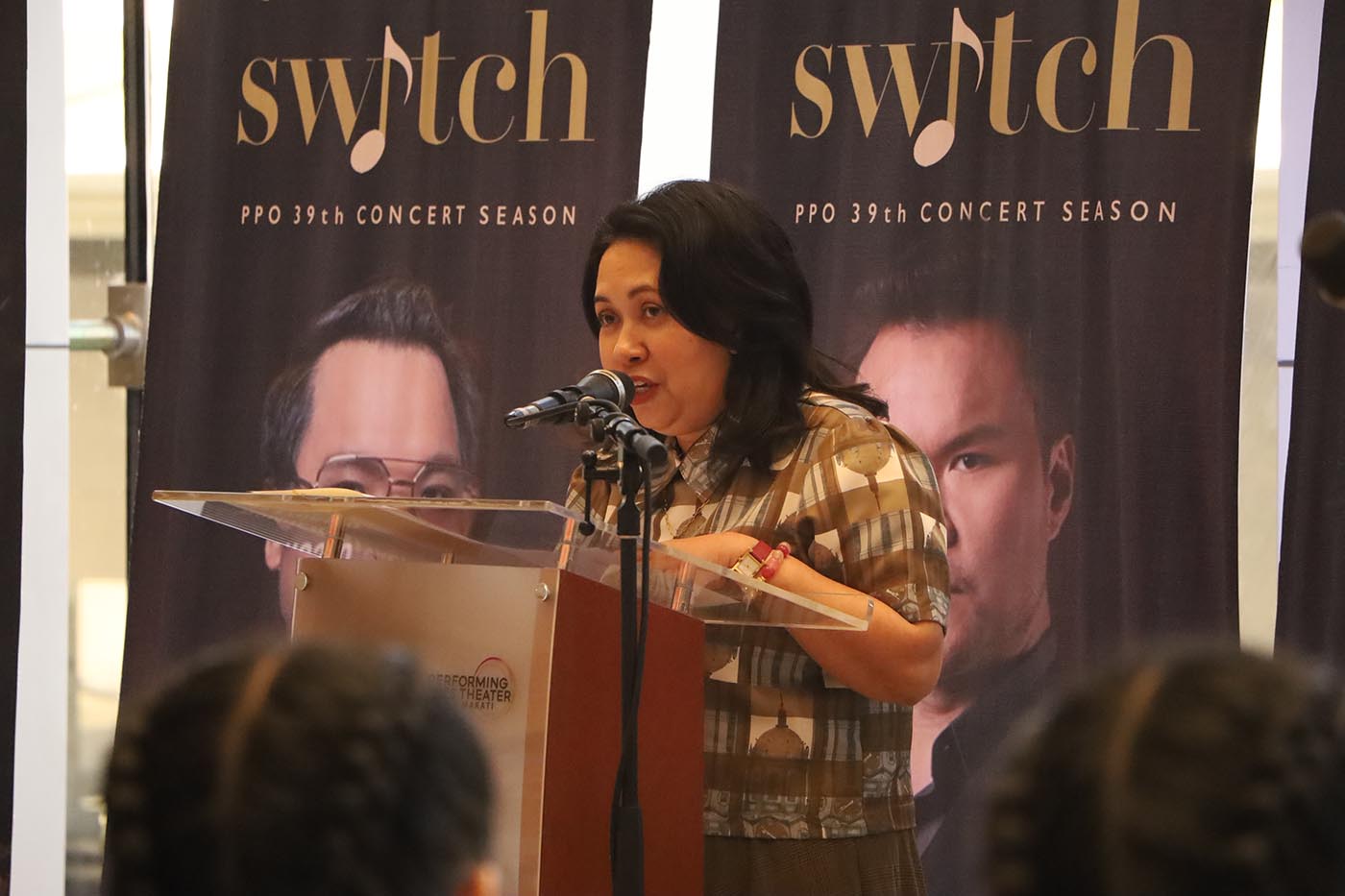
The Sining Alamin is a series of lectures organized by the CCP Art Education Department espousing the importance of the arts and culture, with students as its primary audience. For the PPO March concert, CCP Sining Alamin offered a 15-minute sneak peek of Don Pasquale to the Pasay City National High School students, followed by a lecture on Italian opera buffa.
Opera’s contribution does not end with presenting orchestral music and memorable characters. It mirrors how humans live their lives imperfectly but freely. Junia offered this as the reason behind the institution’s efforts to include opera in its programming as frequently as possible. For her, opera is a “living community” that exists and expands outside the theater.
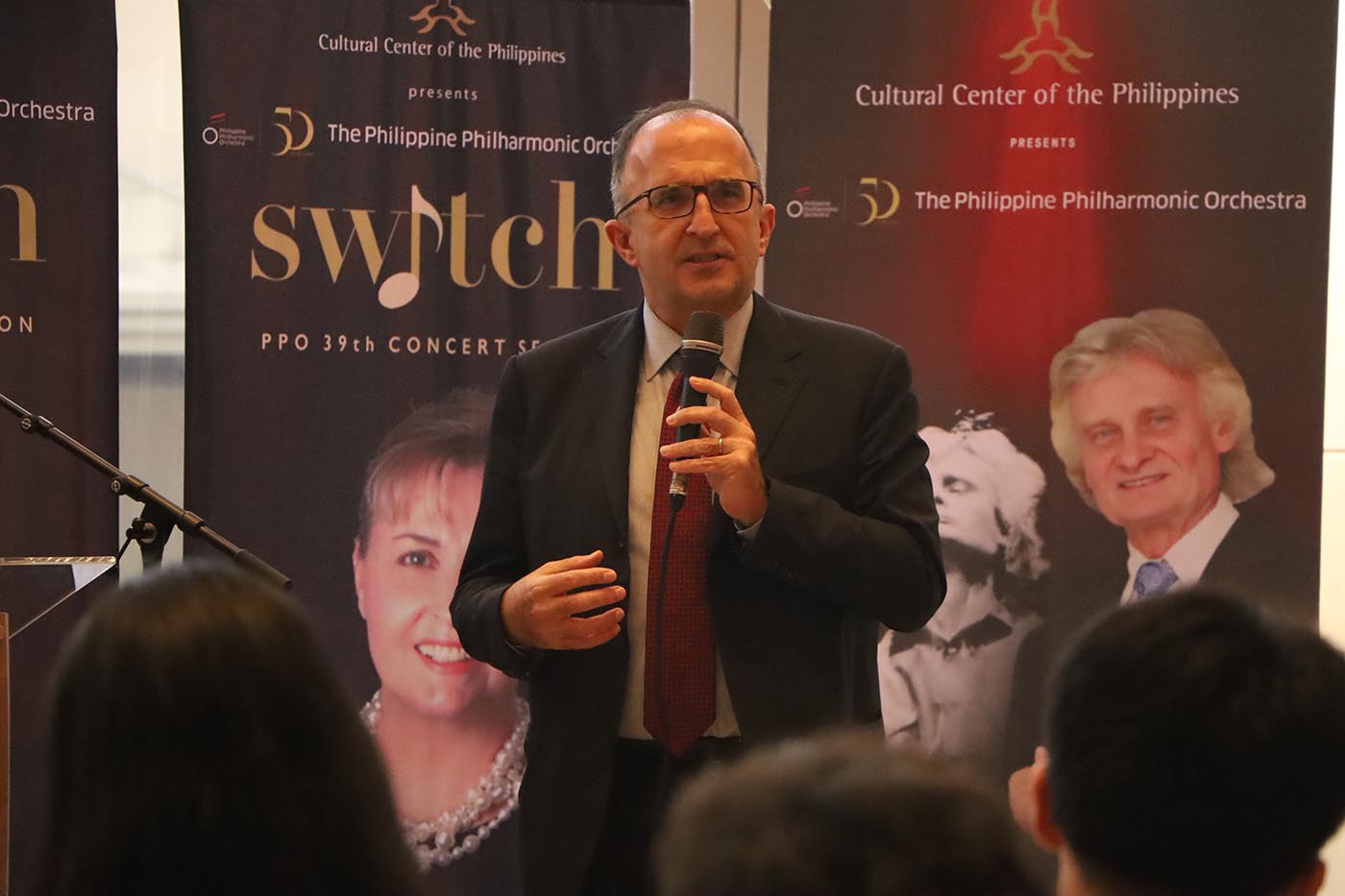
For Italian Ambassador to the Philippines Marco Clemente, “mounting an opera is heroism.” Producing an opera poses challenges, especially financially. Another challenge is appeasing the audience. While the audience’s taste constantly changes and progresses, Ambassador Clemente knows that the lessons shared through opera are forever. Clemente believed that the future of opera rests on the shoulders of the young generations.
Reshaping Opera Scene
Before Don Pasquale premiered in 1843, comic operas followed a rigid structure. The formula required quirky characters to move according to storylines full of hijinks and absurd antics. For its finale, all the characters are expected to get what they want, with little to no regard for the consequences of their actions.
However, Don Pasquale refused to be boxed in. Clemente recalled a gap between genres of opera existing before Donizetti’s comic opera.
While this means that everything under the sun has already been written, Donizetti’s Don Pasquale changed the game by being classically “opera-like” and fresh. It stood on the thin line between being old-fashioned and modern.
When it premiered, Don Pasquale unexpectedly altered the audience’s taste. Most opera composers who devoted their styles to comedy needed to unlearn and relearn. Besides referencing its Roman comedy roots, Don Pasquale brings an endearing sophistication that quickly cemented its well-deserved spot among today’s opera.
According to the Italian Ambassador, Don Pasquale’s story is too interesting to be confined to a single genre. Because of this, opera composers added more layers to their plot formula and occasionally overlapped with other genres.
Set in 19th-century Vienna, Don Pasquale (played by Dariusz Machej for the PPO concert) centers on an elderly bachelor who, in his attempt to disinherit his nephew Ernesto (Nomher Nival), decides to get married. However, Don Pasquale’s plans are thwarted by Dr. Malatesta (Byeong-in Park), who schemes to help lovers Ernesto and Norina (Dorota Sobieska) get their desired happy ending.
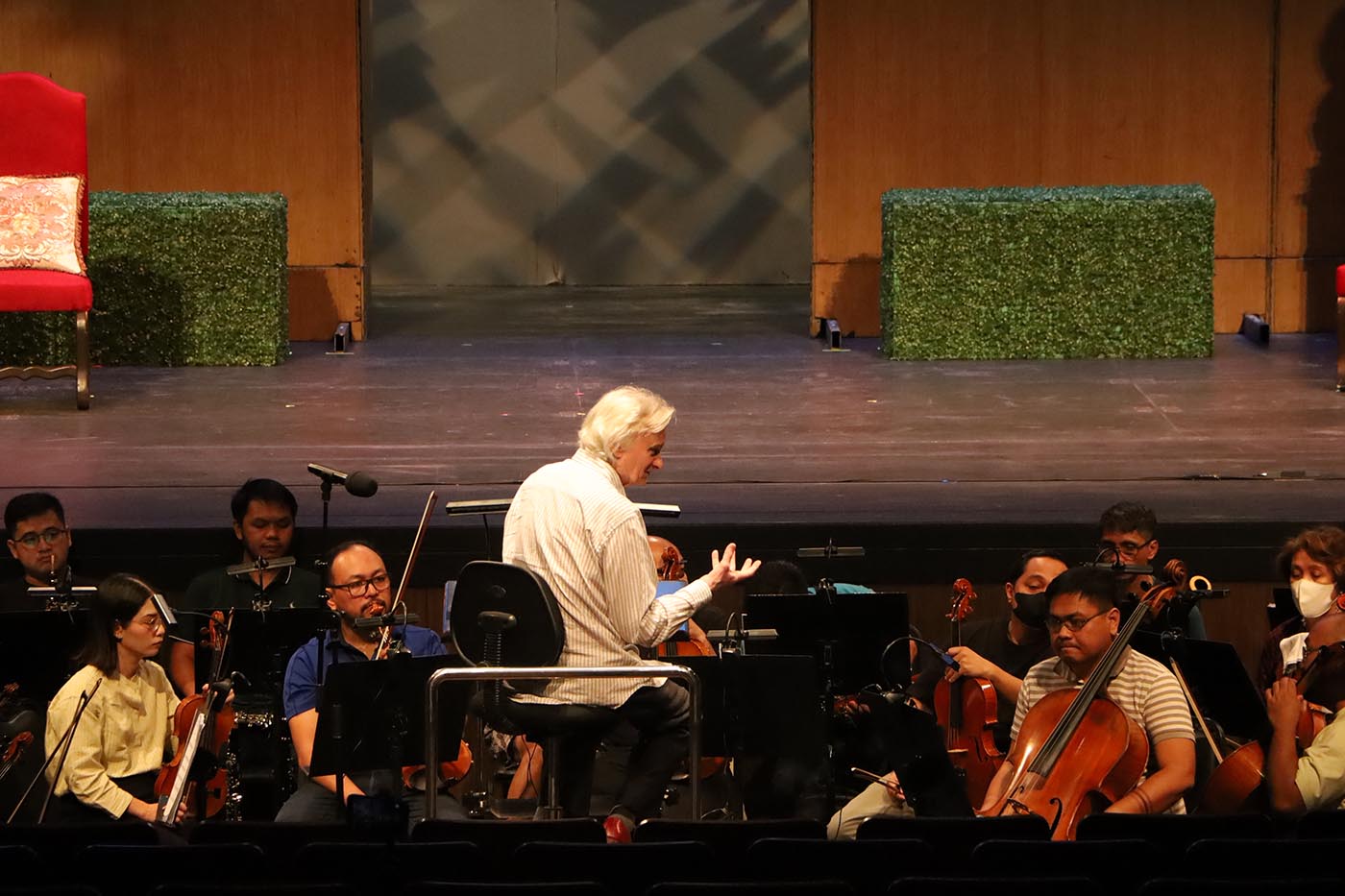
For the recent semi-staged production of Don Pasquale, the Philippine Philharmonic Orchestra, under its music director and principal conductor Grzegorz Nowak, performed well-loved arias from Donizetti’s opera buffa.
Italian Ambassador Clemente explained that Don Pasquale doesn’t stop at telling a love story. It goes beyond that. Instead of treating his characters as comic relief, Donizetti wrote them as if they lived before and beyond the opera stage.
“It’s about the clash of generations, the youth versus the old,” said Ambassador Clemente. Don Pasquale leaves a subjective message to its audience. Its conservative views on marriage and gender roles may raise some youngsters’ brows while treating its older audience to unsettling reflections about life, death, and regrets.
Aside from its lessons on life and love, Donizetti’s Don Pasquale acts as a bridge between generations. Its comedic depiction of the gap between the youth and the elderly teaches its audience to be considerate and patient.
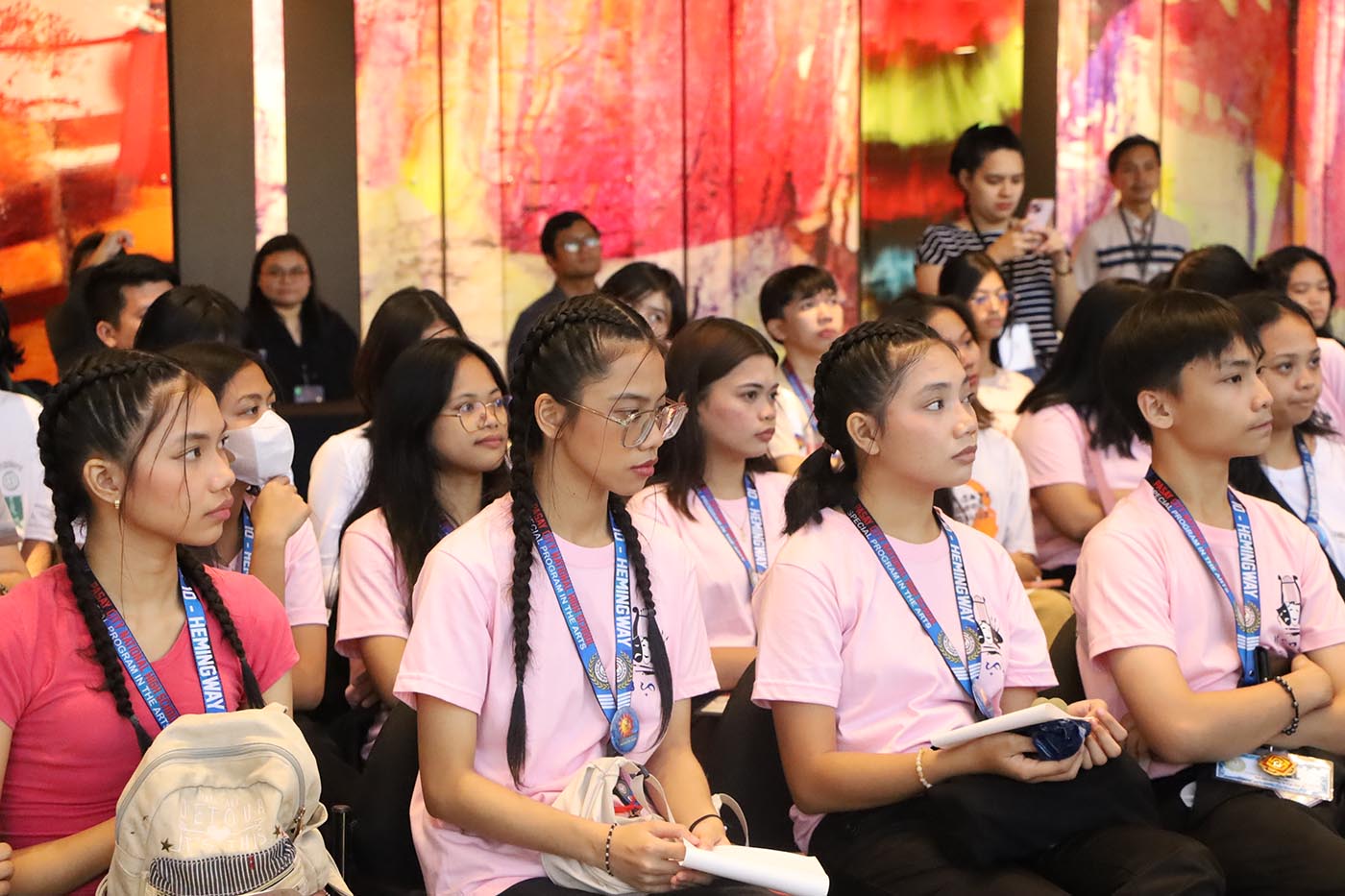
“Art, including opera, is meant to be seen and felt as a community. It is our ardent wish at the CCP that every Filipino will get to experience classic opera masterpieces and create wonderful memories that will last, long after the final curtain call,” said Junia.
With a commitment to produce opera as frequently as its budget allows, the CCP will always champion the Philippine opera scene and make sure that every Filipino will have the chance to experience the magic of live opera.


